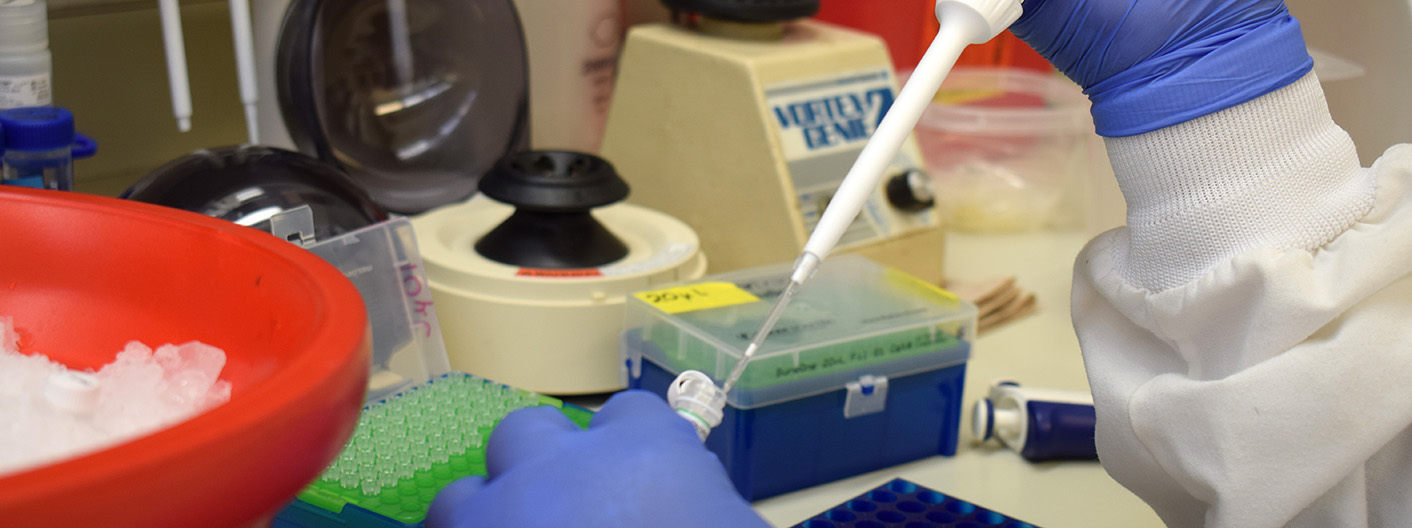Immunology is a branch of biomedical science that covers the study of all aspects of the immune system in all organisms. It deals with the physiological functioning of the immune system in states of both health and diseases; malfunctions of the immune system in immunological disorders (autoimmune diseases, hypersensitivities,immune deficiency, transplant rejection); the physical, chemical and physiological characteristics of the components of the immune system in vitro, in situ and in vivo. Immunology has applications in several disciplines of science, and as such is further divided.
Even before the concept of immunity was developed, numerous early physicians characterized organs that would later prove to be part of the immune system. The key primary lymphoid organs of the immune system are the thymus and bone marrow, and secondary lymphatic tissues such as spleen,tonsils, lymph vessels, lymph nodes, adenoids, and skin and liver. When health conditions warrant, immune system organs including the thymus, spleen, portions of bone marrow, lymph nodes and secondary lymphatic tissues can be surgically excised for examination while patients are still alive.
Many components of the immune system are actually cellular in nature and not associated with any specific organ but rather are embedded or circulating in various tissues located throughout the body.









